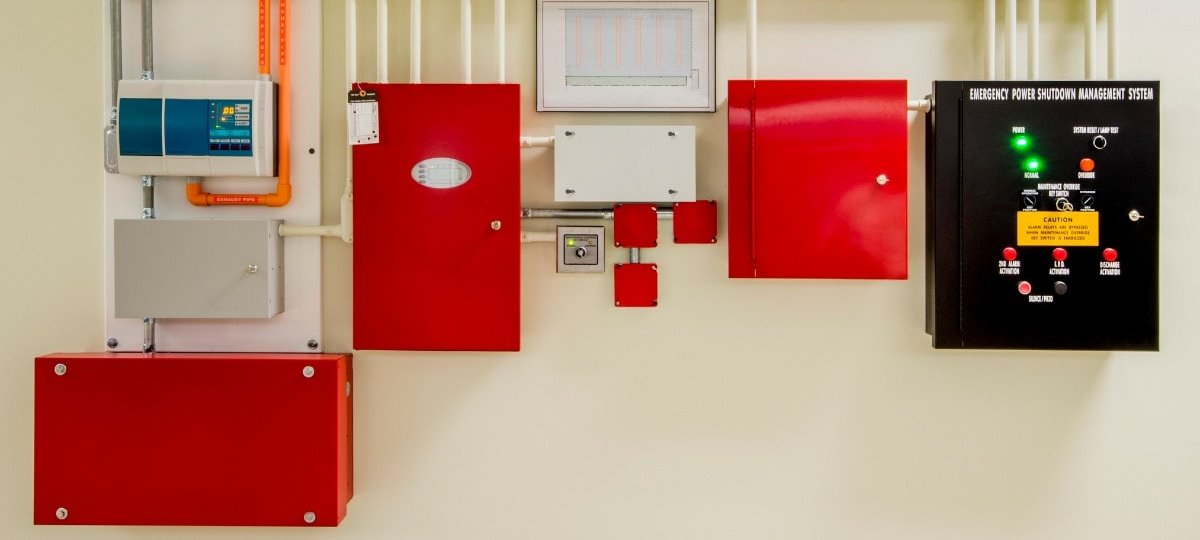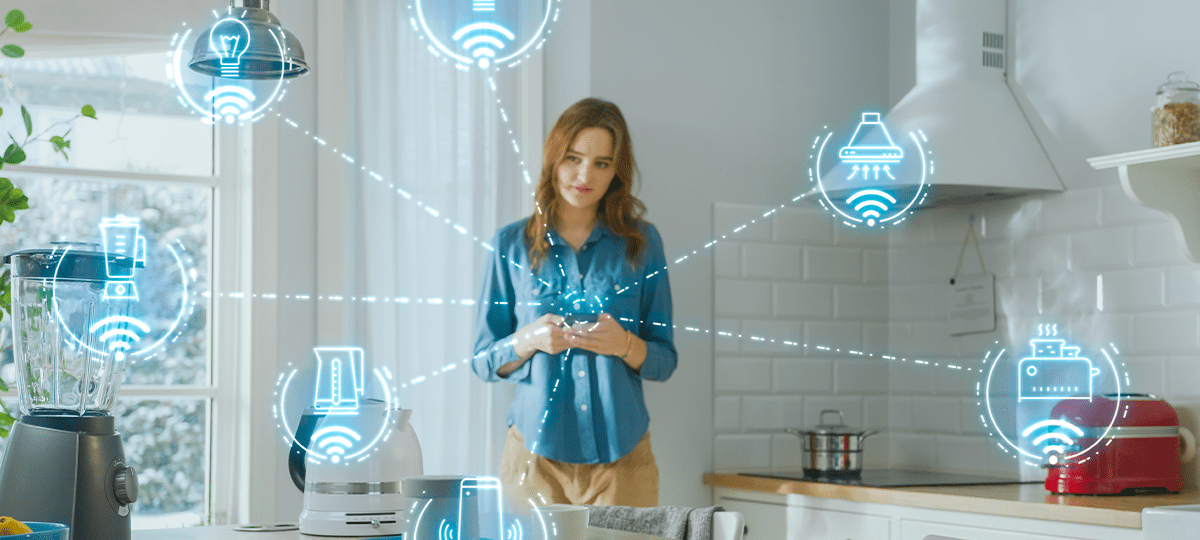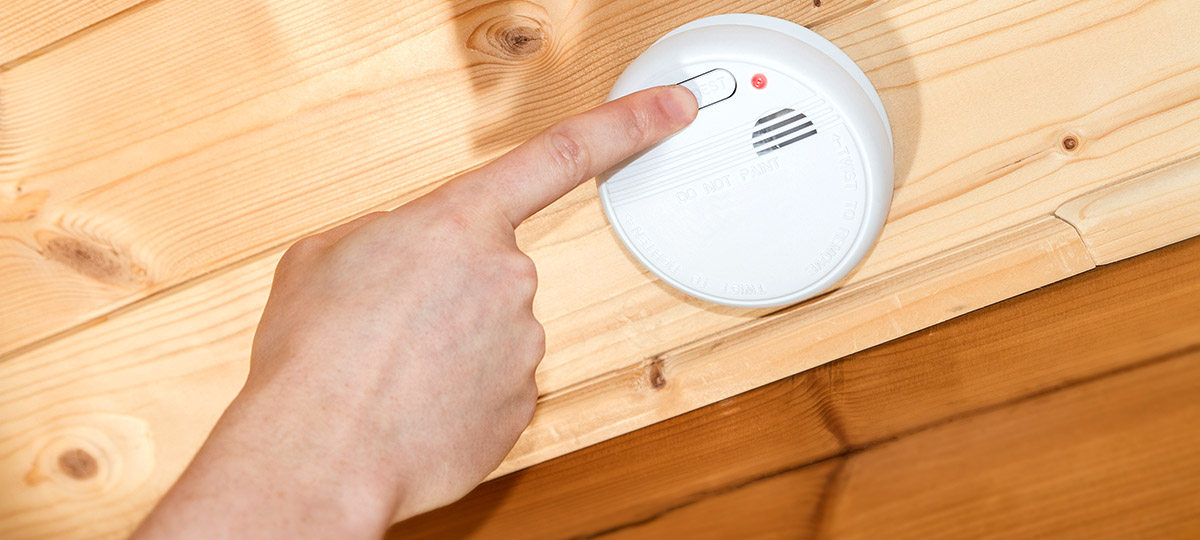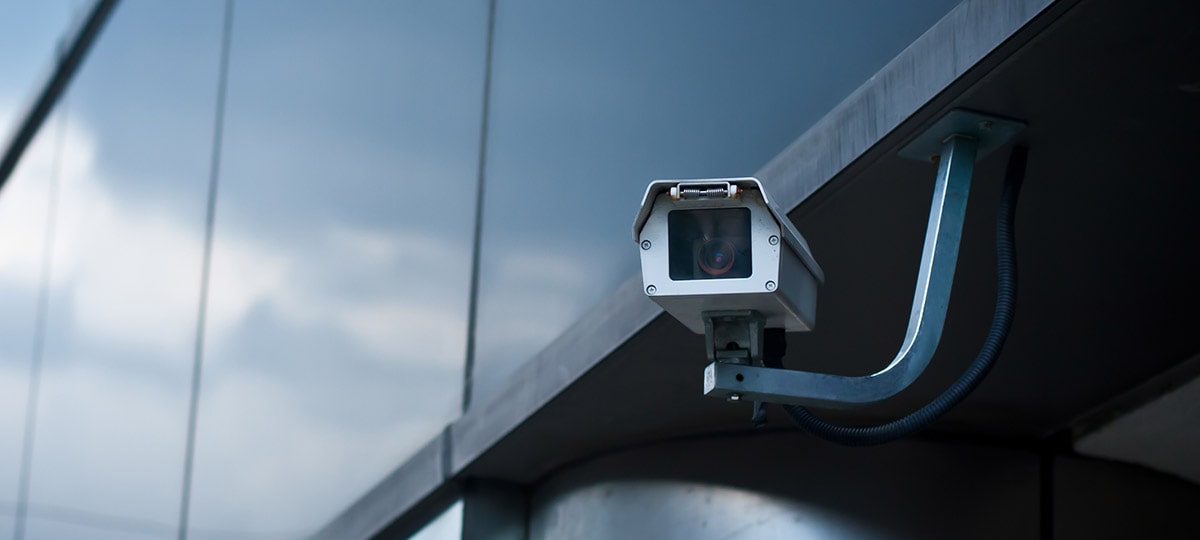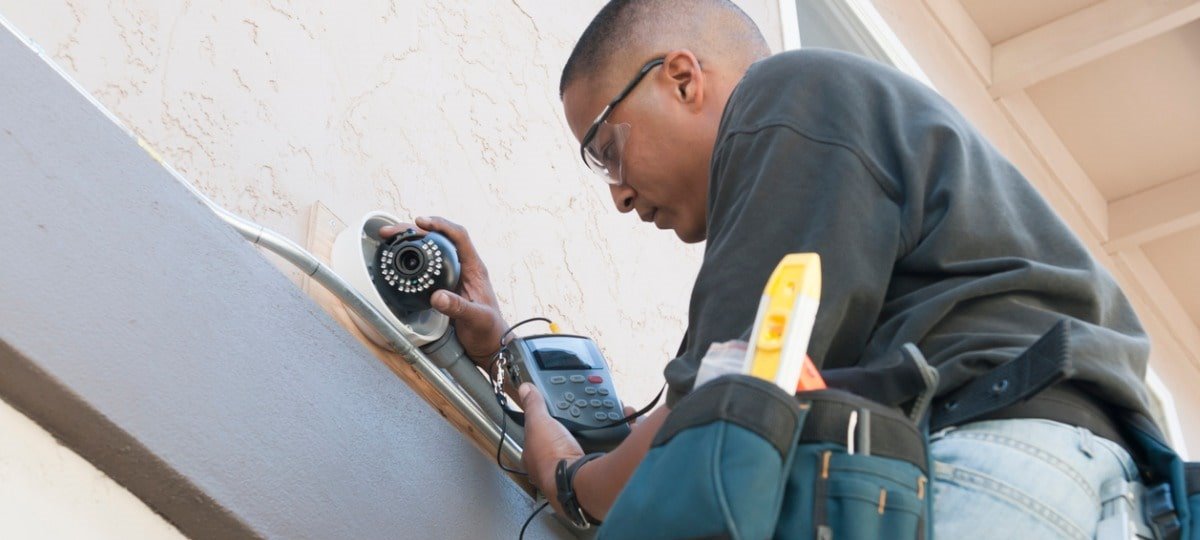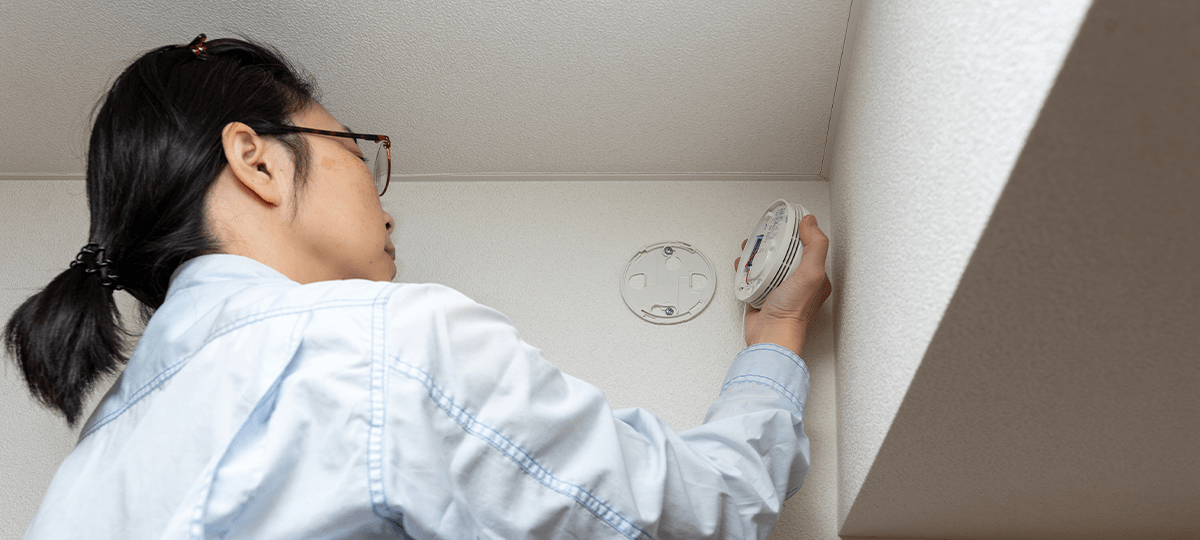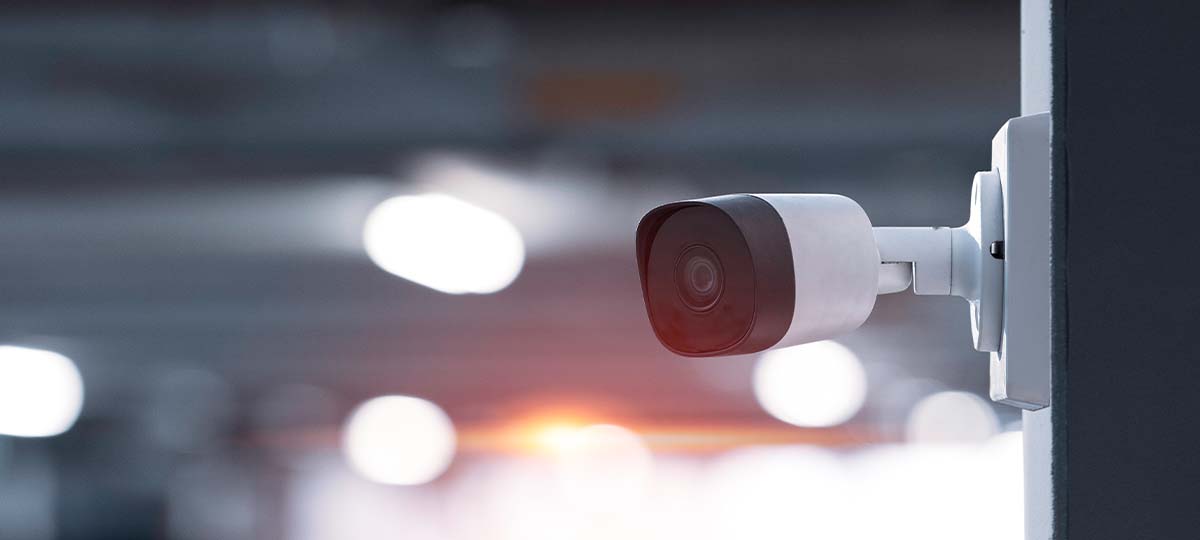Code Requirements for Commercial Fire Alarms
Updated December 2021 The International Code Council Assembly: Groups A-1, A-2, A-3, A-4, and A-5 Business: Group B Educational: Group E Factory and industrial: Groups F-1 and F-2 High hazard: Groups H-1, H2, H3, H4, and H5 Institutional: Group I-1, I-2, I-3, and I-4 Mercantile: Group M Residential: Groups R-1, R-2, R-3, and R-4 Storage:…
